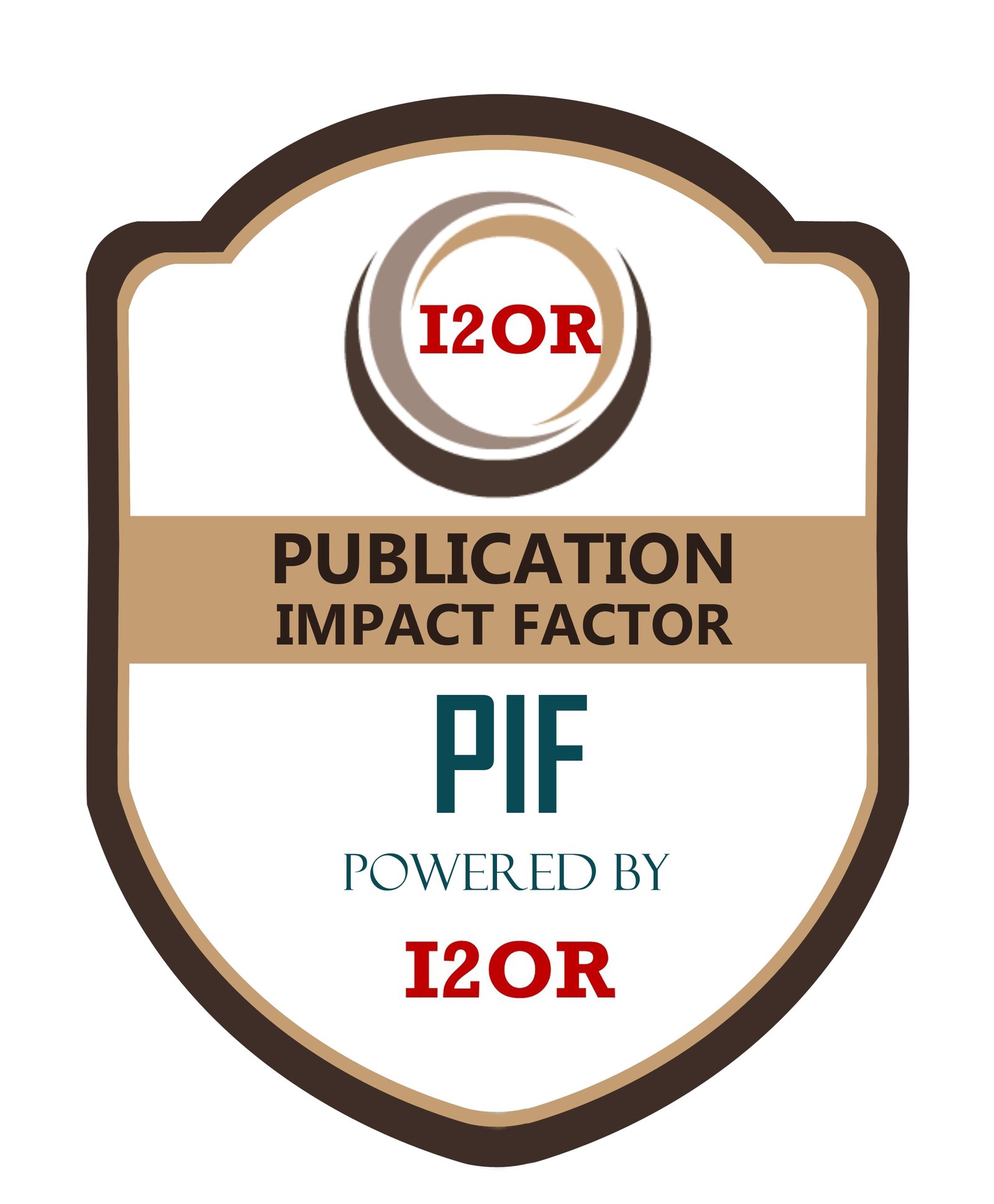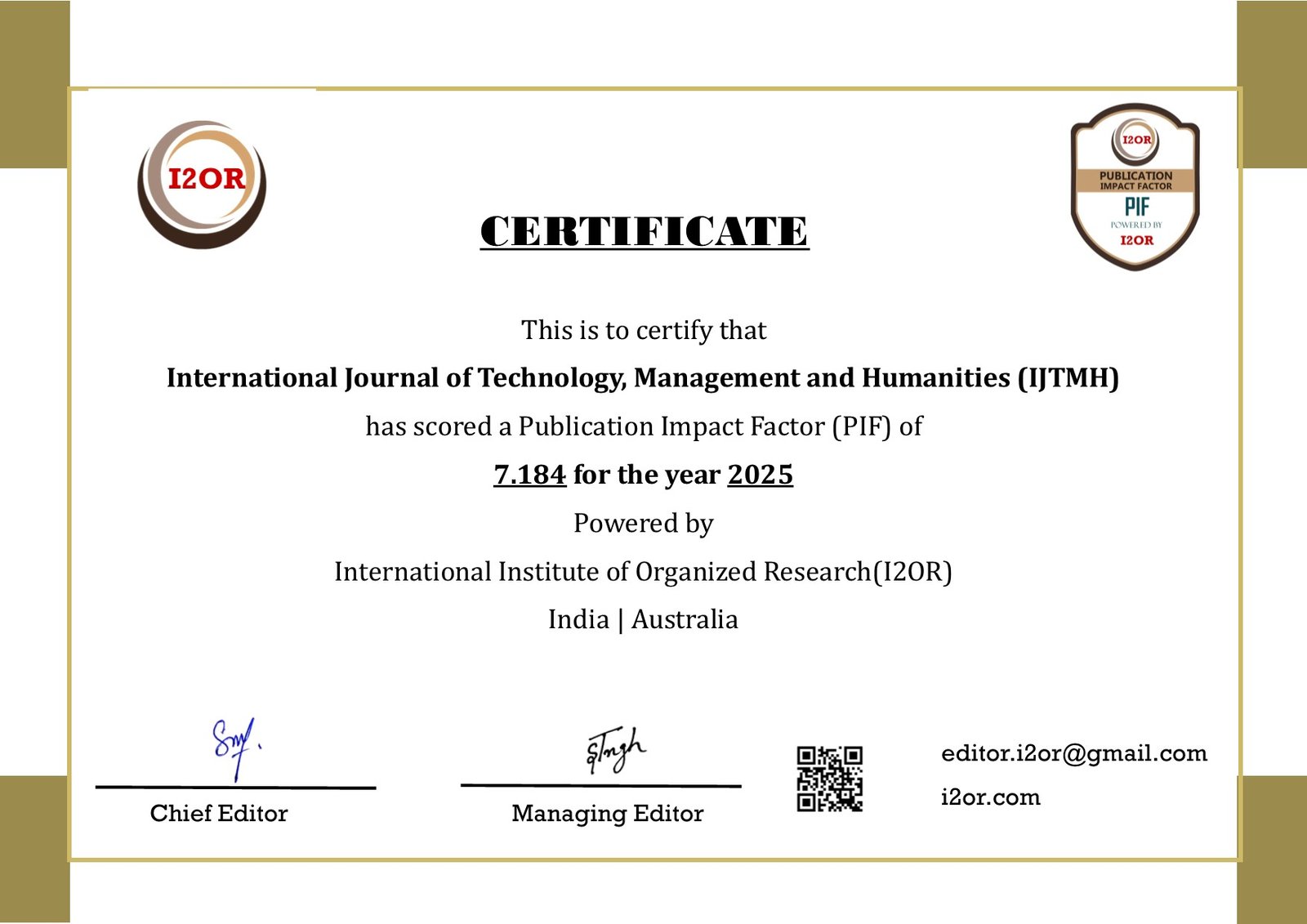The Importance of Integrating Security Education into University Curricula and Professional Certifications
DOI:
https://doi.org/10.21590/ijtmh.11.0301Abstract
In today’s hyper-connected digital age, the frequency and sophistication of cyber threats have escalated dramatically,
posing critical risks to governments, industries, academic institutions, and individuals alike. From ransomware attacks
targeting hospitals to nation-state cyber espionage campaigns, the modern threat landscape demands a proactive and
systemic response. Despite the escalating risks, there exists a glaring global cybersecurity skills gap with millions of positions
unfilled and a shortage of professionals equipped to secure complex systems and data environments. This deficit is not
solely a workforce issue; it stems from a foundational gap in education.
This article explores the imperative of embedding cybersecurity education into the core curricula of universities, colleges,
and professional certification programs. It argues that security should no longer be treated as a specialized or elective
topic reserved for computer science majors, but rather as a fundamental competency across disciplines from engineering
to law to healthcare. By integrating security principles and practices into higher education and professional development
frameworks, institutions can not only build a more resilient digital society but also equip the next generation of professionals
with the tools needed to navigate and protect our interconnected world.
The discussion draws on empirical data, expert insights, and case studies from leading educational initiatives around the
globe. It also analyzes policy frameworks and accreditation standards that are shaping the future of cybersecurity education.
The article concludes with strategic recommendations for educators, policymakers, and industry leaders to bridge the
cybersecurity skills gap and institutionalize security literacy as a critical 21st-century competency.







